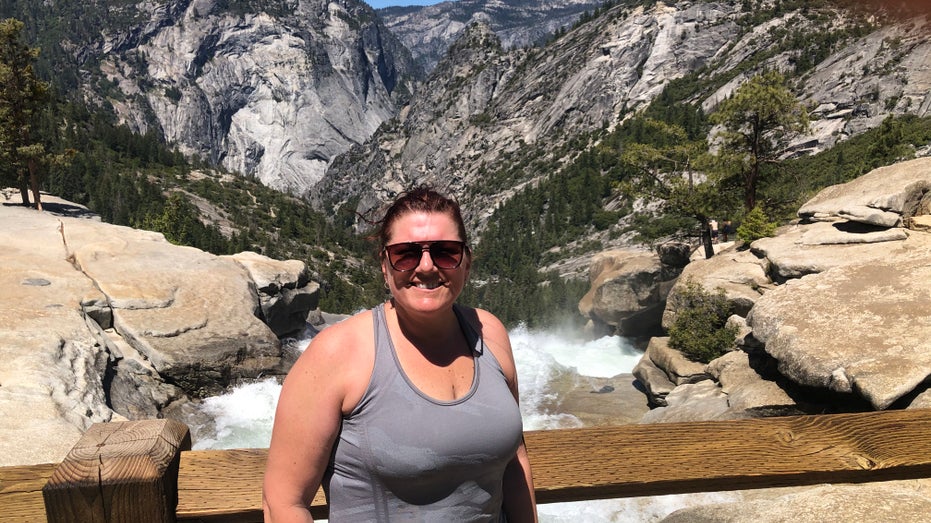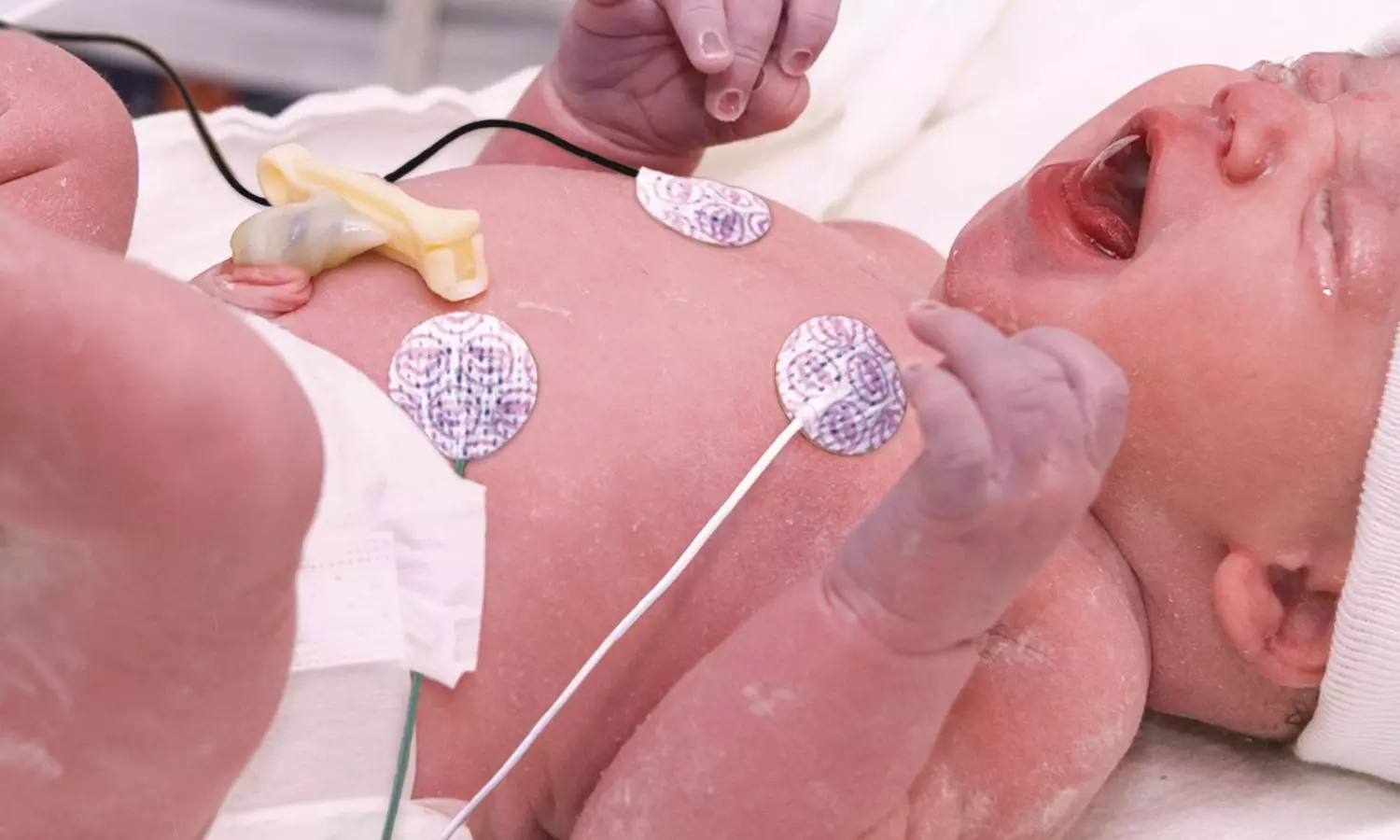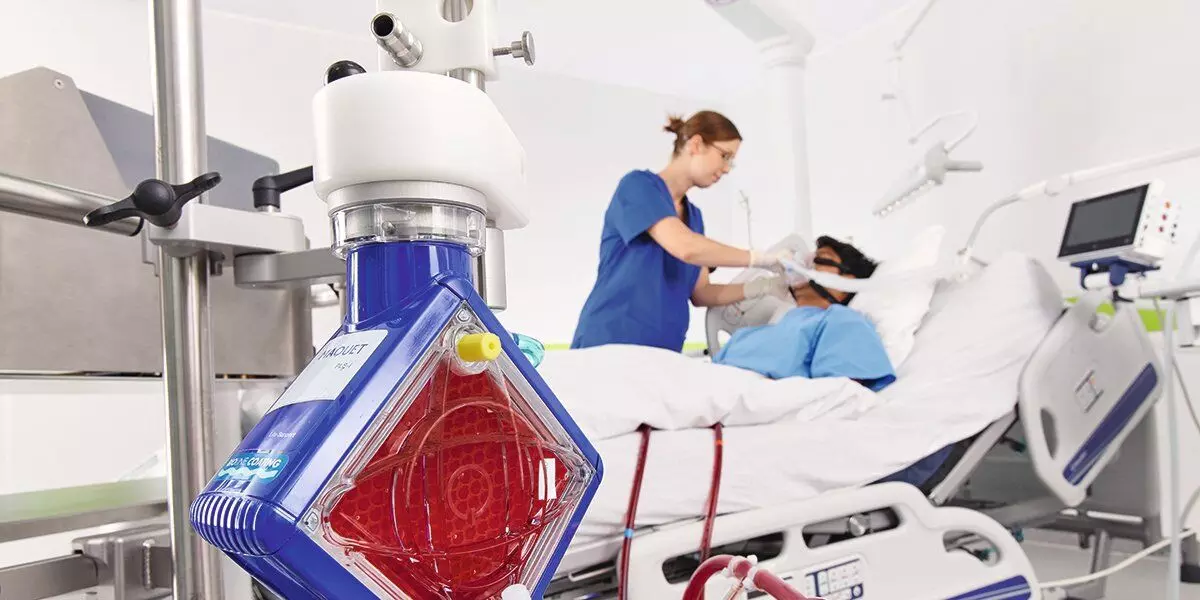An estimated one in nine adult women struggle with an abnormal and painful fat buildup in the lower body — and no amount of diet or exercise can help.
Lipedema, a relatively common but often overlooked disease, causes fat to accumulate in the lower part of the body, primarily the butt, thighs and calves.
For many women, like Molly Friar, an event planner in Sacramento, California, it can cause debilitating pain and impaired mobility.
In an effort to raise awareness of this condition, Friar, 53, spoke with Fox News Digital about her long journey to diagnosis — and what she calls her newfound "freedom."
HIDDEN BELLY FAT COULD SIGNAL ALZHEIMER’S DISEASE RISK 15 YEARS BEFORE SYMPTOMS SHOW UP, STUDY FINDS
Friar was just 11 years old when she started to notice that her body was different than everyone else’s, she said during a phone interview.
"The lipedema itself is governed by hormone changes, so that's when things really took off for me," she said. "My legs were different from every other girl in my class, and I started to get a bit of a stomach in my lower abdomen."
It was puzzling for Friar, who was very fit and athletic.
She played soccer, basketball and softball, and was also a cheerleader — yet no matter how active she was or how carefully she ate, her lower body carried an abnormal amount of fat.
"Somehow my legs and stomach were always disproportionately bigger than everybody else's," she said.
BREAST CANCER SURVIVOR SAYS HER 120-POUND WEIGHT LOSS HELPED SAVE HER LIFE: 'STRONG, CONFIDENT AND HEALTHY'
Adding complexity to the situation, Friar is adopted — so she had no context that might have predicted this genetic condition.
"I don't have pictures of my family to look at, to see a grandmother or an aunt or other women in my life that were affected by it," she said.
Friar felt "completely out of place," she said, as everyone else in her family was "super skinny" and she was not.
Friar was just 12 years old when her parents put her on a Weight Watchers program.
"They felt like that was the best thing they could do to help me," she said.
Throughout her adolescence and young adulthood, Friar worked out every day, biking to the gym and taking aerobics with all the adults.
"That’s absolutely where I started a battle of shame around my body — something I couldn't control," she said.
"I would eat less or not eat, and exercise more, and do all the things I could think of to outpace something that I didn't know existed."
She added, "I always felt like there was a person inside of me who was thin and just wanted to get out."
In addition to the body image struggles, Friar’s condition also came with extreme pain.
EXPERIMENTAL WEIGHT LOSS DRUG COULD HELP TREAT FATTY LIVER DISEASE IN PEOPLE WITH OBESITY, STUDY FINDS
Lipedema causes inflammation and extreme bruising — "I would just brush up against something and get a bruise," said Friar.
The activities that were pleasant for other people, like getting a massage during a pedicure, created "excruciating pain" for Friar.
For someone with lipedema, she explained, running a hand over the skin is like touching a rocky beach — "you can feel the nodules like pebbles under the skin."
Other common symptoms include swelling, a feeling of heaviness in the legs and excess fatigue.
For some patients, the condition can cause difficulty walking, heightened anxiety and depression, joint issues, venous (vein) disease and other complications, according to Cleveland Clinic.
In 2016, when Friar was 45 years old, she lost 50 pounds — but didn’t lose a centimeter in her calves.
She started digging in to figure out what was going on. "I knew something wasn’t right," she said.
In her online research, it wasn’t long before Friar was looking at photos of women with lipedema, with abnormal fat deposits in their lower bodies.
"In that moment, I cried — it was like looking in a mirror," she told Fox News Digital.
"I felt validated and relieved and ecstatic — I finally had an answer."
But the relief was short-lived, as Friar quickly realized there was no cure for her condition. "It’s something that you have to try to battle for the rest of your life."
There are, however, options to alleviate some symptoms that come with lipedema, as Friar found out when she began seeing her doctor, Jaime S. Schwartz, M.D., in Beverly Hills, California.
A board-certified plastic surgeon and world-renowned lipedema specialist, Schwartz has dedicated much of his career to raising awareness for fat disorders like lipedema.
He launched Total Lipedema Care to help women like Friar.
"Most people will tell you that the lower half of their body just started growing a lot larger than the upper half, usually during puberty," Schwartz told Fox News Digital.
"It doesn't start as pain, but they start seeing physical changes that don’t really make sense."
Lipedema is usually misdiagnosed as morbid obesity, Schwartz noted.
"In the U.S., many doctors tell women, ‘You're fat, you did this to yourself,’" he said.
MORE THAN HALF THE WORLD'S POPULATION WILL BE OBESE OR OVERWEIGHT BY 2035, SAYS NEW REPORT
But the good news, he said, is that awareness is slowly starting to grow.
"Over the past five years, it's gone from no one knowing about it to a lot of people knowing about it, so it's definitely getting better."
As Schwartz told Friar, he recommends surgery as the best option to relieve lipedema symptoms.
At his practice, Schwartz performs a patented procedure called manual lipedema extraction, which involves a combination of liposuction and the removal of underlying nodules of fat through small incisions.
"When I take the ‘bad tissue’ out, people feel better as soon as the next day," Schwartz said. "That's the only thing that I've seen that works — and I've seen everything that's out there."
Friar ended up having a total of three surgeries — one on the back of her legs, one in the stomach area and one on the front of her legs.
"For me, the surgery was life-changing," Friar said. "I feel it changed the game for me — it extended my life and I gained back probably 75% to 80% of my mobility."
Each surgery required around six weeks of recovery time.
"It isn’t easy, but I would do it 1,000 times over," she said.
One caveat is that some insurance companies have been slow to cover the cost of lipedema surgeries. Friar had to pay out of pocket for the procedures, which can range from $4,000 to $16,000, according to Schwartz's website.
"I was very, very lucky — there are so many women who want the surgery that can't afford it," she said.
In addition to the surgeries, dietary changes have had a big impact on Friar’s quality of life.
"The optimal diet for me is gluten-free and dairy-free, with no added sugars, no processed foods, low salt and very little alcohol," she said.
She also wears medical-grade compression gear at night and lighter-compression leggings during the day.
"It helps alleviate a lot of the inflammation and excess fluid in the body," she said.
Other non-surgical options for relief include exercise and medications or supplements to reduce inflammation.
10 FUNCTIONAL HEALTH PREDICTIONS FOR 2024, ACCORDING TO A DOCTOR AND A WELLNESS EXPERT
As Schwartz told Fox News Digital, Friar’s case was pretty typical of most women’s experiences with lipedema, although he noted her positive mindset.
"A lot of women have had this for so long, and it defeats them emotionally, psychologically and mentally," he said. "But Molly has always had such an amazing outlook and personality."
He added, "Obviously, it's been emotional for her at times, but she never let it defeat her."
Friar said her life now is "like night and day" compared to before.
"Getting a massage for me is now enjoyable," she said through tears. "I can climb to the top of a mountain, and I can walk six miles and not stop."
"It’s like your mobility gets taken away from you, and when you instantly get it back, it's newfound freedom."
Friar’s goal is to increase awareness around this condition, among patients and doctors alike, so other women don’t have to live in shame for years like she did.
CLICK HERE TO SIGN UP FOR OUR HEALTH NEWSLETTER
"It’s something we need to be talking about," she said. "It’s such a visual thing, involving our bodies and how we present ourselves to the world, and it’s something we can’t control."
"I'm willing to shout from the rooftops if I can help even one person recognize the symptoms and be able to help themselves."
For many of Schwartz’s patients, he said, the disease has "destroyed their lives."
"They don't go out, they don't socialize, they're afraid to work or wear certain clothes in public," he said.
Some women can't have their grandchildren sit on their lap or can't hold their spouse's hand because it’s too painful, he said.
"So when they have surgery and they're not in pain, not only do they look different and they're so happy to rediscover their body, but they can even have their dog sit in their lap for the first time," he said.
"It’s a very overwhelming reality for them in a beautiful way," he also said.
It is estimated that around 11% of women are living with lipedema today.
For more Health articles, visit www.foxnews.com/health.






